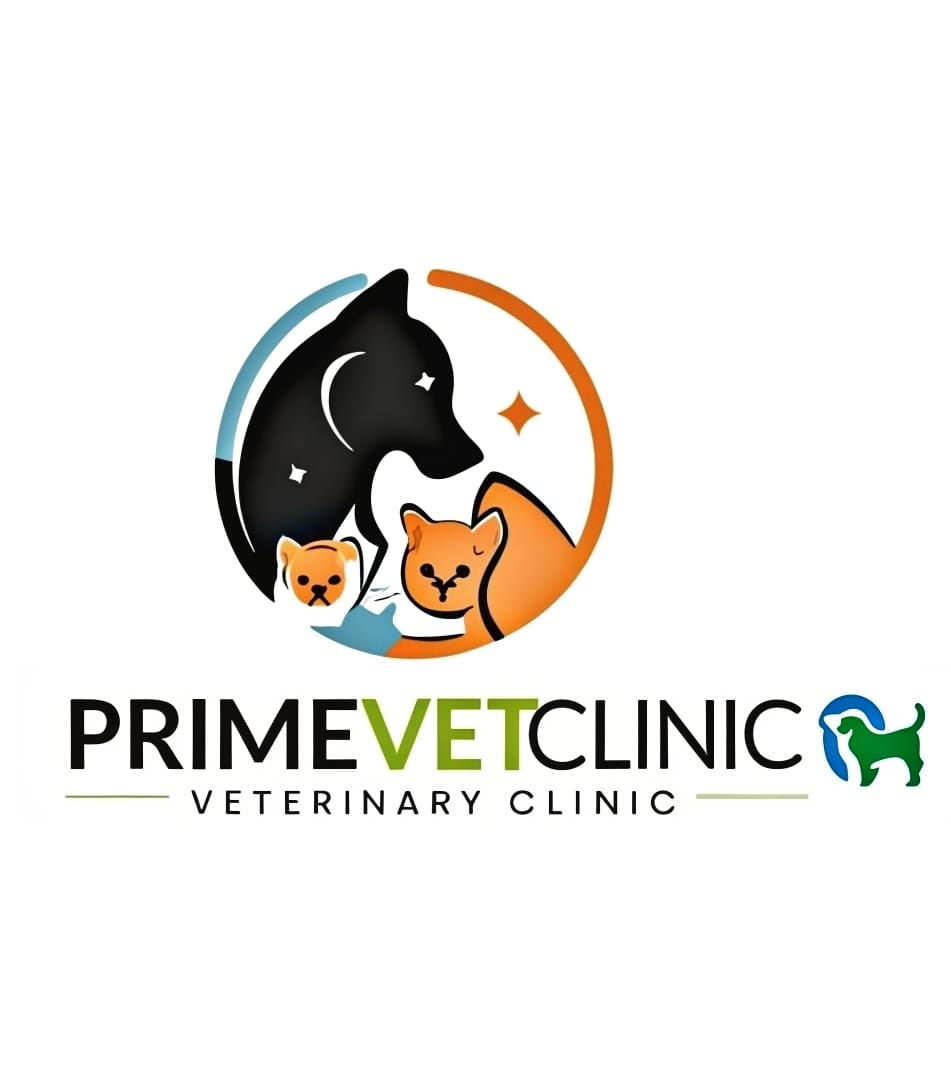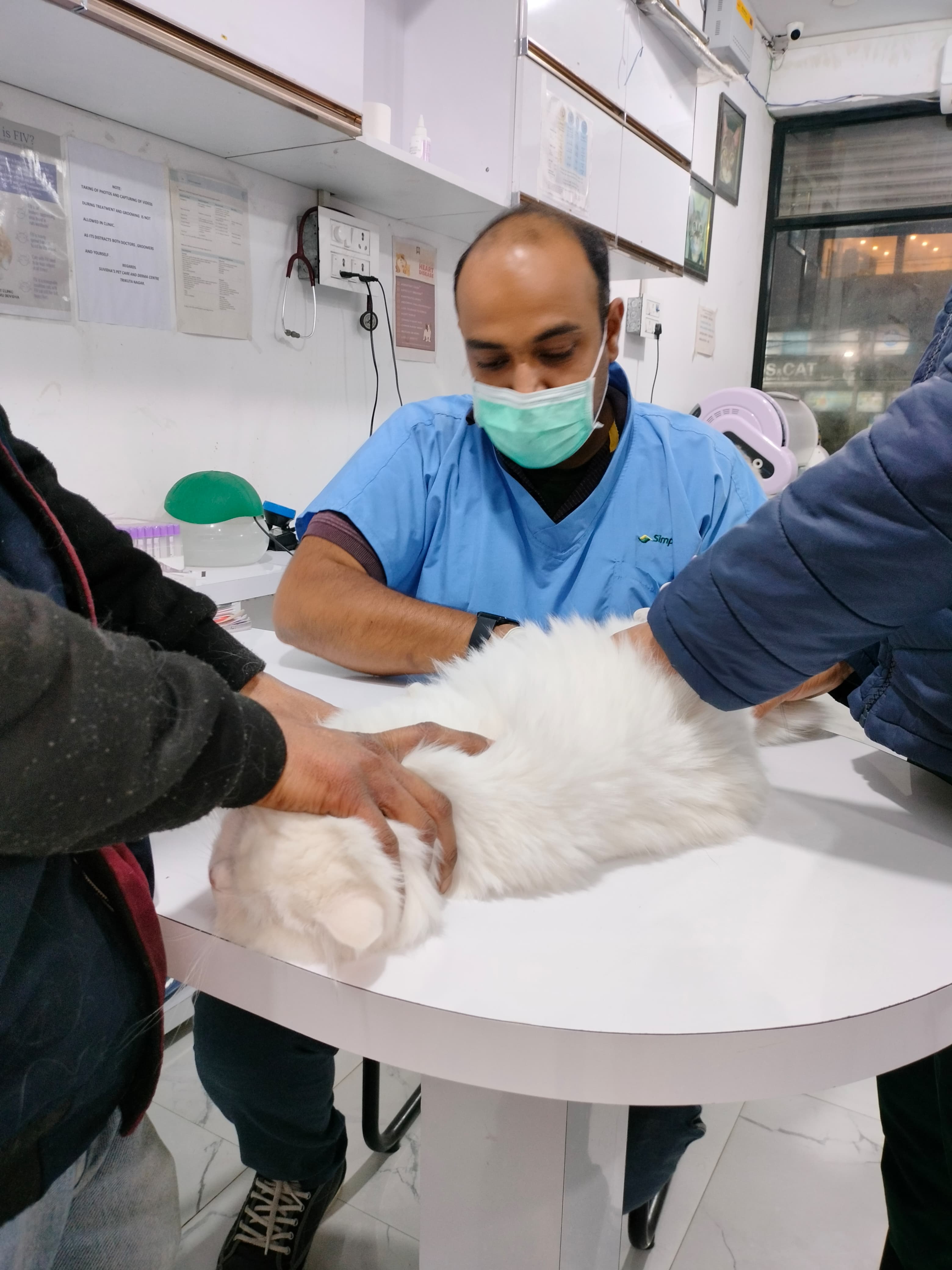


Posted by: admin on December 23, 2024
WHO ,The American Association of Feline Practitioners (AAFP) and the American Veterinary Medical Association (AVMA) recommend the following vaccination schedule for cats:
1. Rabies: Required by law in most states, this vaccination is typically given at 12-16 weeks of age, with a booster at 1 year and then every year.
2. FVRCP (Feline Viral Rhinotracheitis, Calicivirus, and Panleukopenia): This vaccination is typically given at 6-8 weeks of age, with boosters at 12-16 weeks and 1 year, and then every year.
1. FeLV (Feline Leukemia Virus): This vaccination is recommended for cats that are at high risk of exposure, such as those that spend time outdoors or are in contact with other cats that may be infected. The vaccination is typically given at 8 weeks of age, with a booster at 1 year.
2. FIV (Feline Immunodeficiency Virus): This vaccination is not recommended for all cats, but may be considered for those that are at high risk of exposure.
1. First vaccinations (FVRCP): 6-8 weeks of age
2. Second vaccinations (FVRCP): 12-16 weeks of age
3. Rabies vaccination: 12-16 weeks of age
4. Booster vaccinations (FVRCP and Rabies): 1 year after initial vaccinations
1. Booster vaccinations (FVRCP and Rabies): Every year
2. FeLV and FIV vaccinations: As recommended by your veterinarian based on your cat's individual risk factors.
1. Your veterinarian may recommend a different vaccination schedule based on your cat's individual needs and risk factors.
2. It's essential to follow the recommended vaccination schedule to ensure your cat is protected against serious diseases.
While vaccinations are essential for protecting your cat's health, there are some precautions to take during feline vaccination:
1. Health Check: Ensure your cat is healthy enough for vaccination. Inform your veterinarian about any health issues or concerns.
2. Age and Weight: Ensure your kitten is old enough (typically 6-8 weeks) and weighs enough for vaccination.
3. Previous Reactions: Inform your veterinarian if your cat has had any previous adverse reactions to vaccinations.
1. Handle with Care: Handle your cat gently and carefully during vaccination to minimize stress.
2. Monitor for Reactions: Monitor your cat for any adverse reactions during and after vaccination, such as vomiting, diarrhea, or lethargy.
3. Follow Instructions: Follow your veterinarian's instructions for post-vaccination care.
1. Monitor for Adverse Reactions: Monitor your cat for any adverse reactions, such as pain, swelling, or redness at the injection site.
2. Provide a Safe Environment: Provide a safe and comfortable environment for your cat to recover from vaccination.
3. Follow-Up Care: Schedule follow-up appointments with your veterinarian to ensure your cat is responding well to vaccination.
1. Pregnancy: Vaccinations are typically contraindicated during pregnancy.
2. Immunosuppression: Cats with immunosuppressive conditions may not respond well to vaccinations.
3. Severe Illness: Cats with severe illnesses may not be suitable for vaccination.
1. Mild Reactions: Mild reactions, such as pain or swelling at the injection site, are common.
2. Severe Reactions: Severe reactions, such as anaphylaxis, are rare but require immediate veterinary attention.
1. Consult Your Veterinarian: Consult with your veterinarian to determine the best vaccination schedule for your cat.
2. Report Adverse Reactions: Report any adverse reactions to your veterinarian immediately.
Written by ;
DR. KRISHNA KANT KANKAR
(VETERINARIAN) SR. DOCTOR AT
PRIME VET CLINIC , INDORE
Carterdaura: https://flatcasting.tr.gg/Flatcast-Radyo-Forumu/topic-73-1-findycar.htm
July 20, 2025, 9:02 pm
StevenWeaft: https://ufo.hosting/
July 23, 2025, 9:41 pm
StevenWeaft: https://ufo.hosting/
July 24, 2025, 12:52 am
Thomasrom: https://the.hosting/de/vps-vds-austria-wien
July 25, 2025, 2:51 pm
Thomasrom: https://the.hosting/it/help/pqhosting-instructions/
July 25, 2025, 8:34 pm
PierreZew: https://kumu.io/findycares/findycare#findycar
August 2, 2025, 11:56 pm
ScottVot: https://pubhtml5.com/homepage/cbxkz/
August 22, 2025, 4:25 pm
ScottVot: https://wiuwi.com/findycarsi
August 22, 2025, 9:32 pm
MichaelBox: https://glose.com/u/findycarsk
August 23, 2025, 4:56 am
MichaelBox: https://www.camaros.net/members/findycarnet.163307/
August 23, 2025, 10:26 am
avenue17: Something at me personal messages do not send, a mistake what that
September 14, 2025, 6:22 pm
avenue17: Excellent phrase
September 14, 2025, 11:58 pm